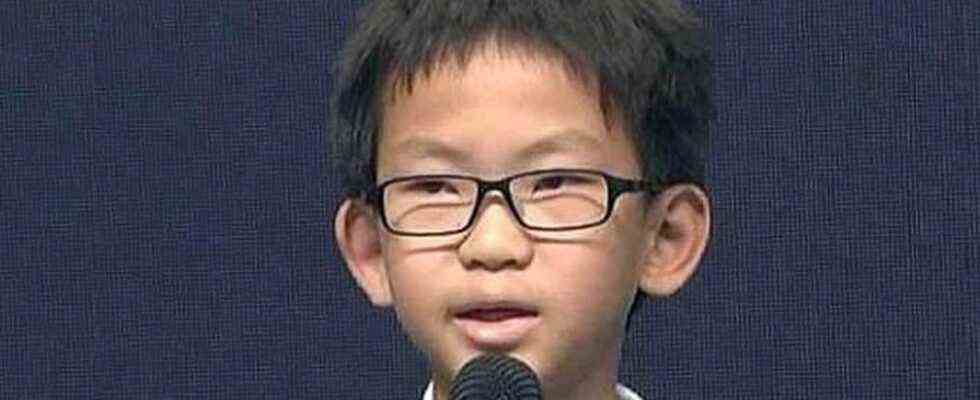Can a 13 year old hacker bring Facebook to its knees?
Claims are spreading on social networks that this Chinese teenager was responsible for the failure of Facebook, Whataspp and Instagram on October 4, 2021.
But what is it about the allegations? Can a young person stumble a globally successful corporation?
The allegations are false reports.
A reverse search of the image reveals that the photo was published on the Internet as early as 2014.
According to media reports, the boy in the photo is 13-year-old Wang Zhengyang – a “hacker prodigy” who is said to have hacked into his school’s system in 2014.
The then 13-year-old teenager is now 20 years old.
Another piece of evidence against the allegations is that the hacker’s alleged name, Sun Jisu, is not Chinese, but Korean.
Facebook states that the failure of the services was not due to a hacker attack, but to “changes to the settings on a main router”. The company also states in a blog entry:
“We want to make it clear that this failure has no malicious background – the main cause was a misadjustment on our part.” – Facebook engineering
In some of the social media posts, attempts are made to legitimize the false report by providing incorrect sources – for example the Reuters news agency. But, contrary to the baseless claims, Reuters also reports that the cause of the failure was of a technical nature.
The case makes it clear that it doesn’t take much to spread a hoax. An old photo, an invented name and a little imagination are enough to successfully circulate a fake on the Internet.
How do we examine videos for manipulation in the editorial office? It is important to take a look at the details. The individual frames of a video often reveal whether a video has been edited. We take a close look at each picture and enlarge individual sections. Indications of a fake are, for example: a lack of motion blur, unnatural shadows or cutting errors. At stern, the general rule is: Seriousness over speed. We always double-check facts and material carefully before we publish them. To do this, we work with the cross-editorial “Verification Team” together with RTL, NTV, RTL2 and Radio NRW.

